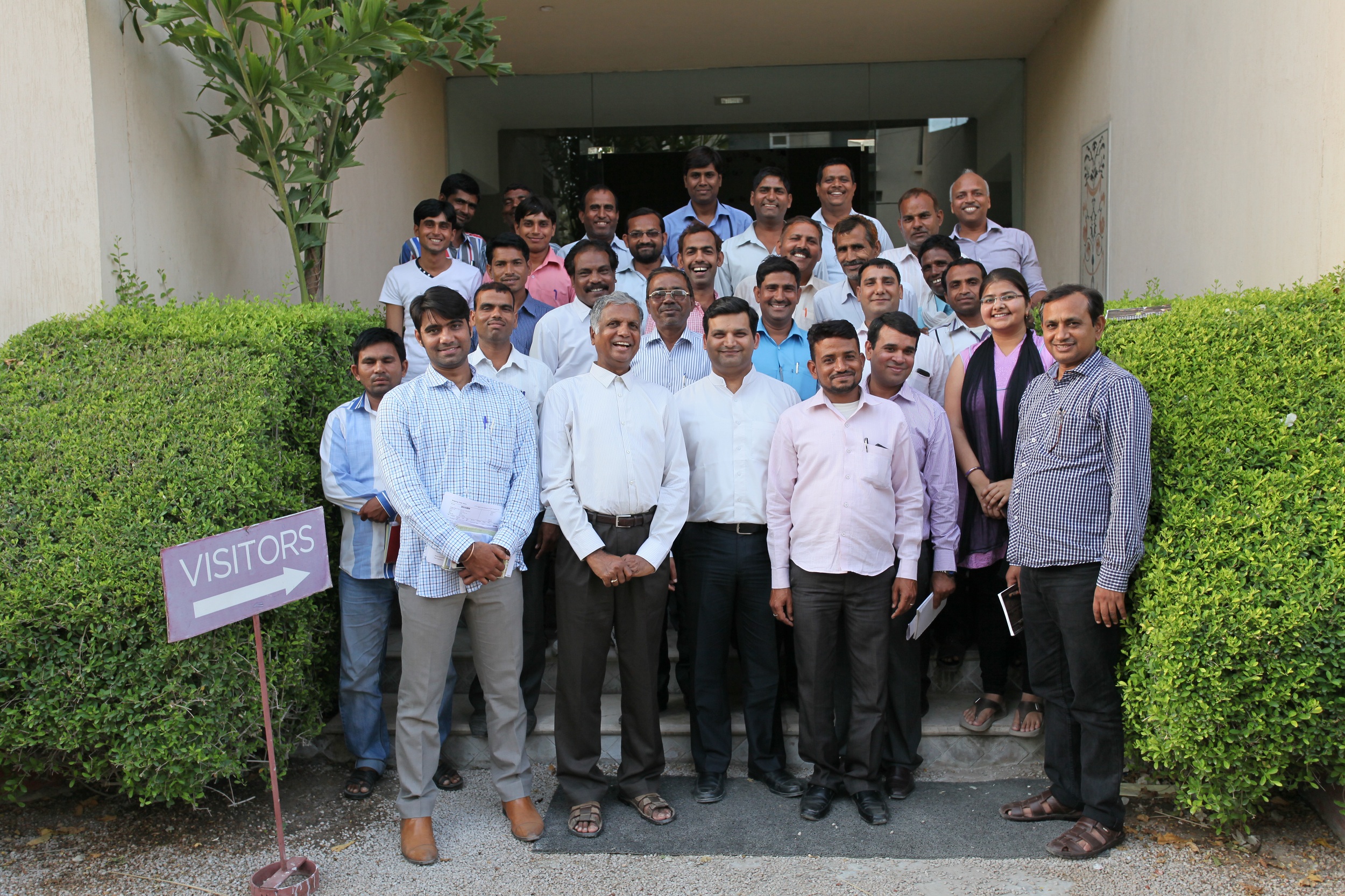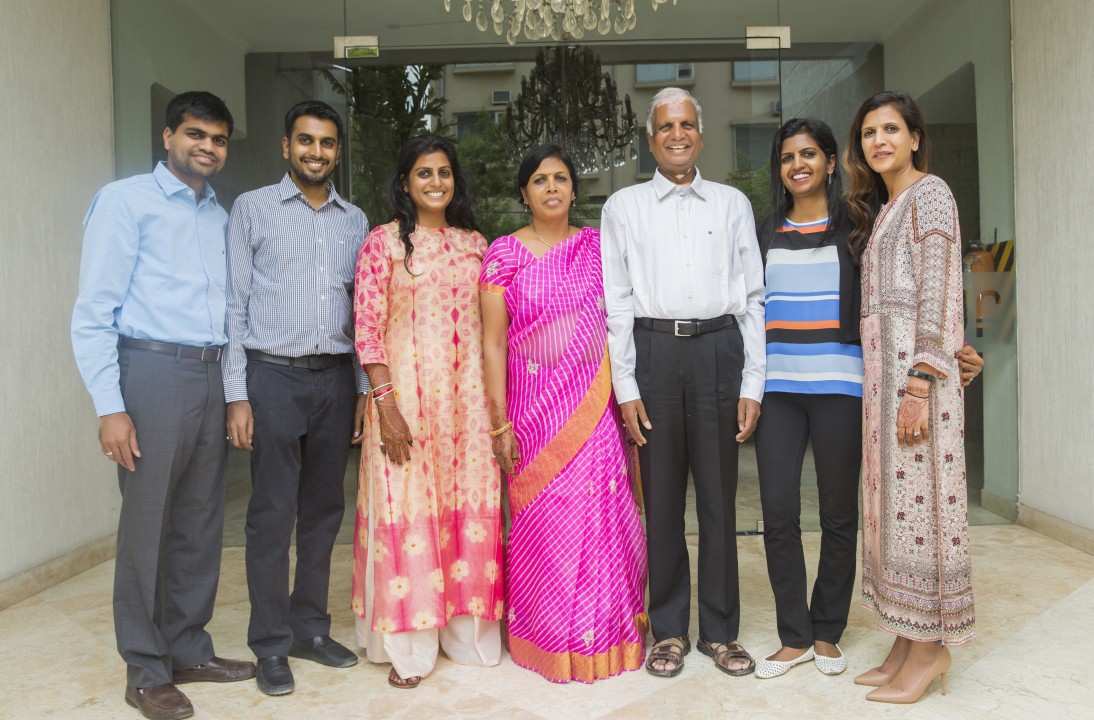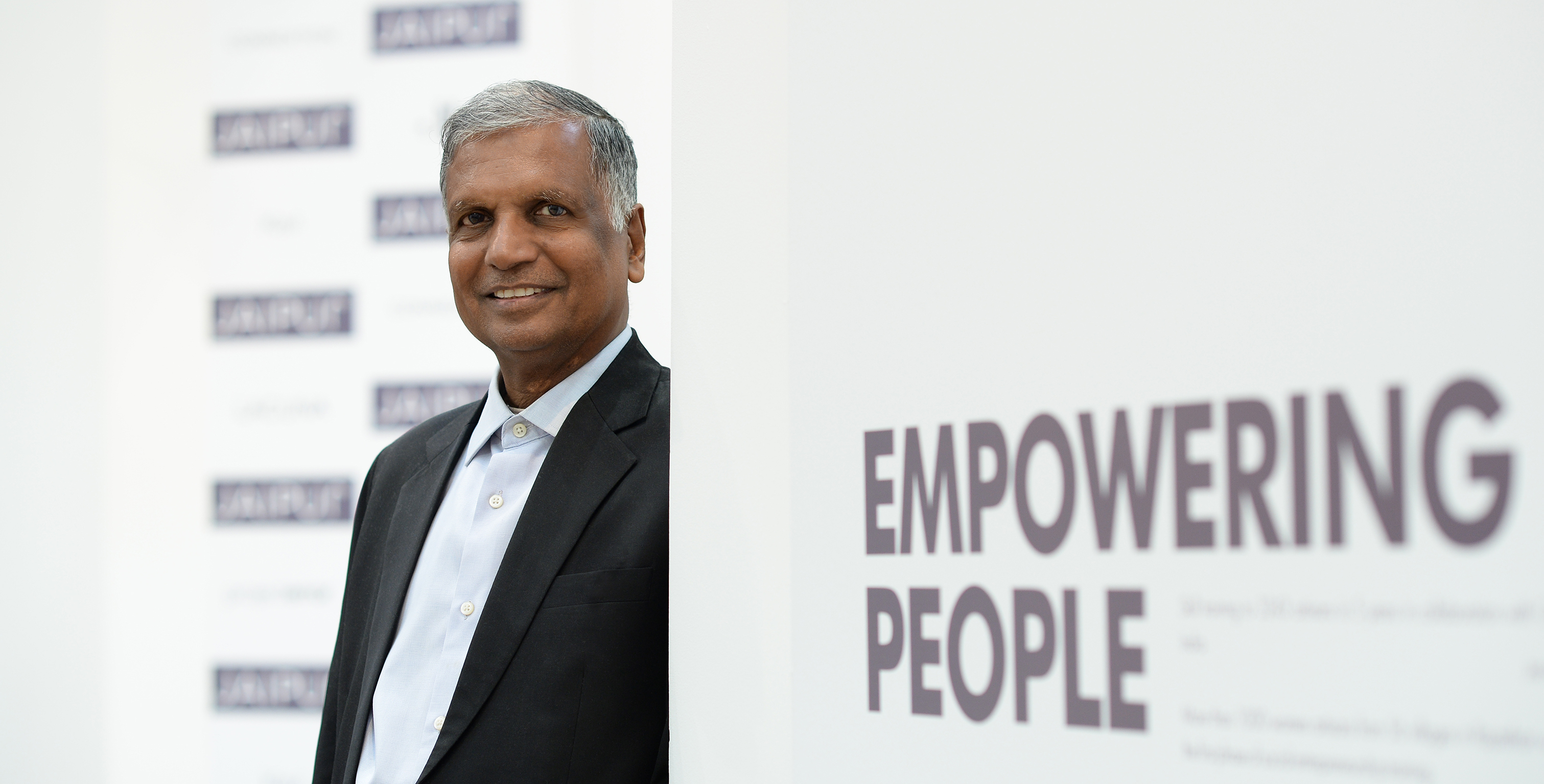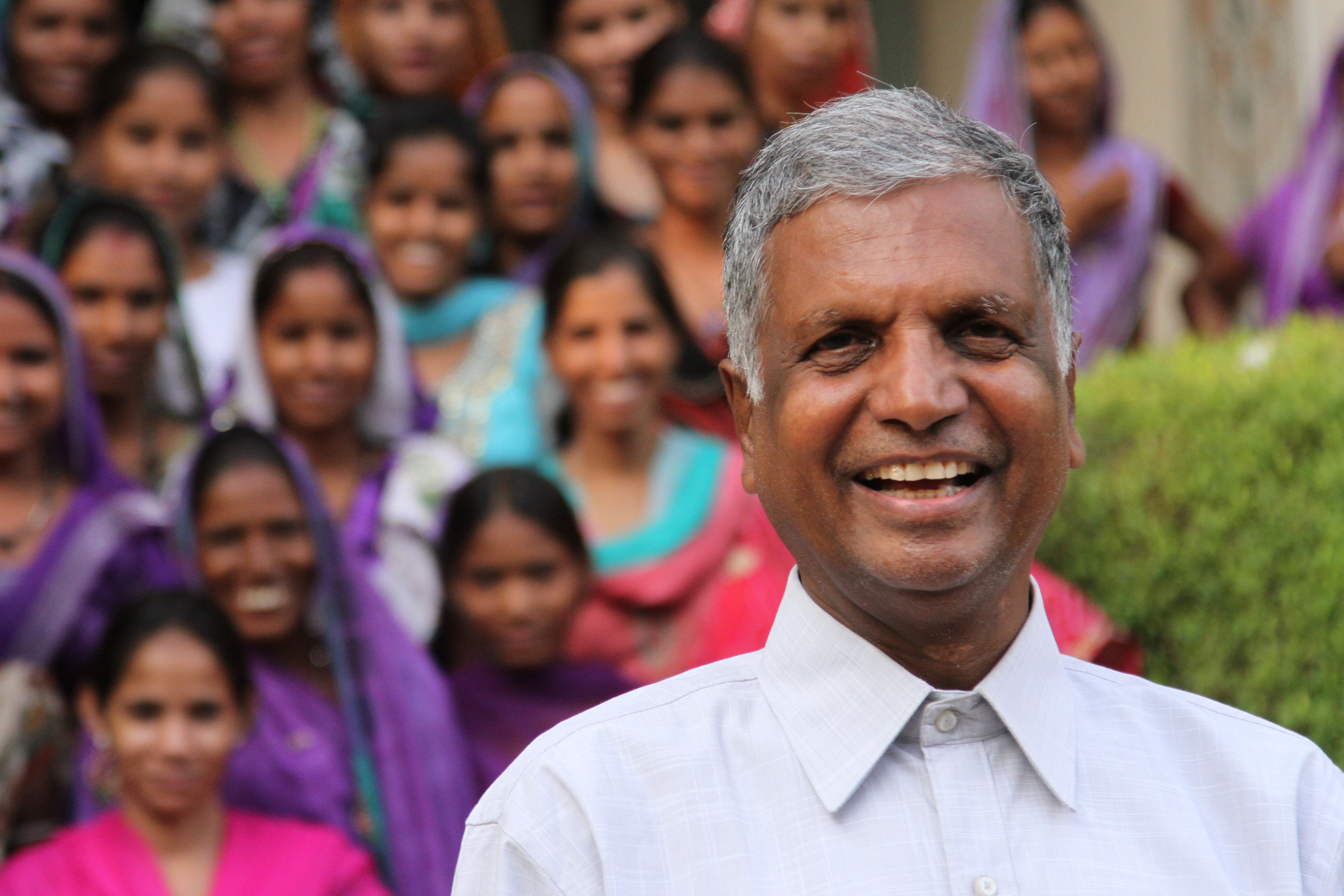Big companies mostly operate within a set hierarchy. The CEO is at the top and top-level executives trickle down to manage the masses. There has always been a clear delineation between the employees and those who tell the employees what to do.
Thankfully, things are changing, and conscious companies are breaking the mold of the traditional business model by allowing employees to delve into a self-management style of working in the company culture. Having a rigid management style does not make sense because we, as individuals are quite capable of completing tasks when we are away from the office.
The sun rises and sets every day by itself; flowers continue to bloom without supervision. No one manages these natural forces, nor is there a manager or CEO who runs the entire world. So, it does seem counterproductive to put up such restrictions in a business environment.
In traditional business models, more time goes on getting solutions to issues than creativity and innovation. In this type of environment, the employees are not able to bring their wisdom and decision-making strengths to the table. Blocking the employee’s creativity is a missed opportunity to gain valuable insight. Just because an employee may not have a fancy degree or formal higher education does not mean that his or her idea holds no value. On the contrary, some of the most intelligent people I know have never been inside a classroom.
I had always been under the impression that I was the one managing my company. But I slowly realized through mindfulness and consciousness, that as a leader, I was not managing my employees. Instead, I had been restricting them by not letting them make their own decisions.
That is why we initiated a self-management trial with 600 weavers in various villages of Rajasthan wherein they were trained to ensure 100% on-time delivery with zero defect and zero wastage. The weavers were encouraged to be accountable for their own decisions. They were supported in their failures and assured that every mistake is just another learning opportunity. So far the results have been very positive, with 70% of the weavers participating in the self-management program reaching 100% on-time delivery with zero defect and zero wastage!
As leaders, we must be humble enough to trust our employees. Micromanaging does not achieve anything. But, many leaders feel that if they are always on top of employees, only then the work will be done faster and better. Indeed, it is not the case.
In the next 2-3 years, Jaipur Rugs will be the world’s first self-managed company at the grassroots. And that will be a global case study.





